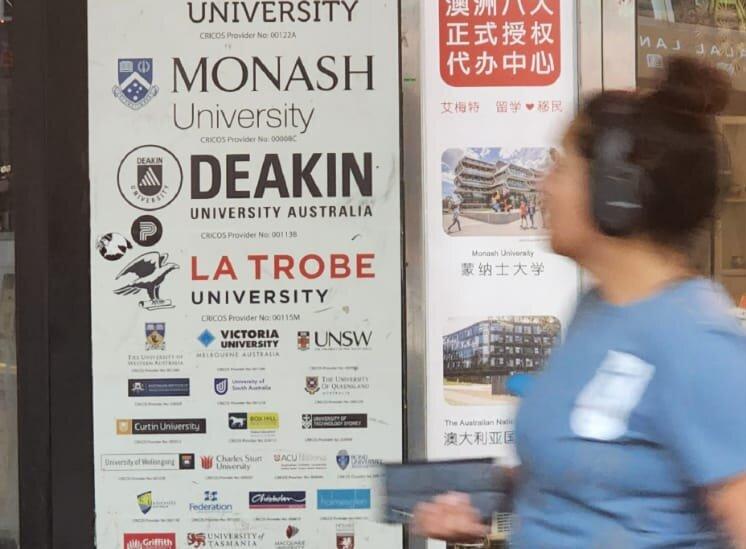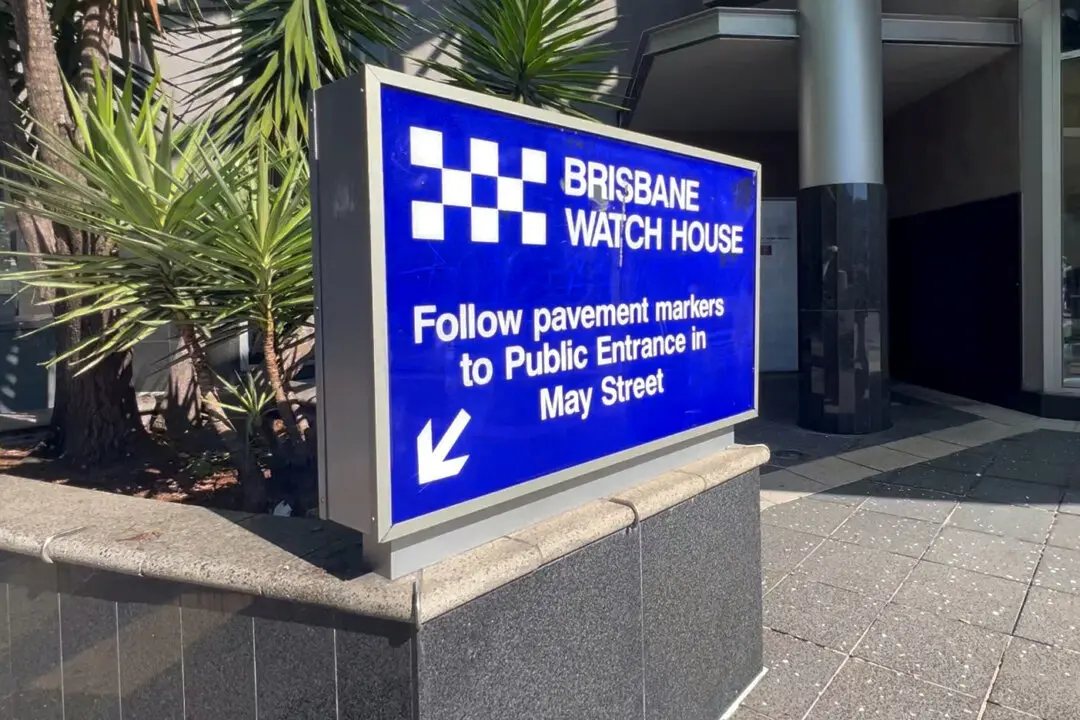Opposition Leader Peter Dutton has compared the recent rise in international students visa appeals to the “modern version of the boat arrivals.”
The Coalition MP’s comments came in the wake of a report from The Australian, which suggested courts and tribunals were preparing for thousands of appeals from international students following a government cap on numbers as part of a move to stem unsustainable migrant growth.





